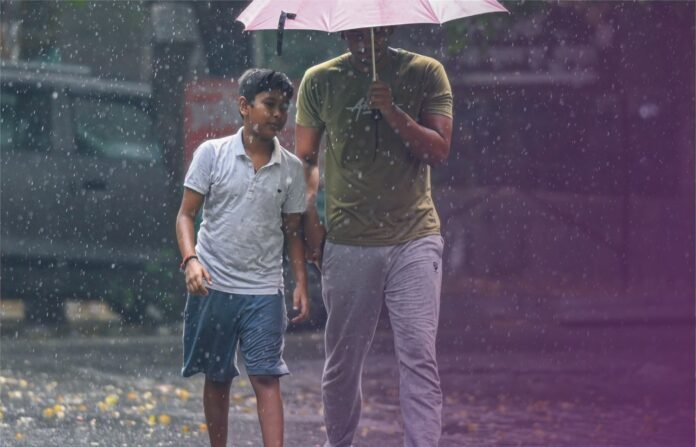Water-borne illnesses such as viral hepatitis, typhoid, and gastrointestinal disorders increase during the monsoon season. This season’s excessive humidity promotes bacteria growth, causing a rise in regional hospital cases.
Holy Family Hospital and Benazir Bhutto Hospital in Rawalpindi, Pakistan, are witnessing more gastrointestinal infection cases. Preventive actions are needed because monsoon-related health issues account for 20% of outpatient cases.
Without immediate intervention, experts say the situation might worsen. Leaky pipelines, inappropriate sewage disposal, and agricultural runoff make monsoon water pollution a major problem. Sewer-contaminated rainwater pollutes subsurface aquifers, worsening the problem.
Safe drinking water and food hygiene are essential to preventing these health issues. Soapy handwashing before meals and after using the toilet is vital. Boiling or chlorinating water removes bacteria and chemicals, making it safe to drink.
Avoid raw or badly stored food during the monsoon, and prepare and eat quickly. Avoid keeping peeled or chopped fruits, and sterilise ice-making water. Wash veggies, fruits, and utensils with clean water to avoid contamination.
Waterborne infections are dangerous, especially in Pakistan, where they kill many people. Water-borne diseases kill 1.2 million people annually, mostly children.
Follow this advice and take precautions to protect yourself and your family against monsoon health risks. Enjoy a healthy monsoon season by staying educated, safe, and proactive.



